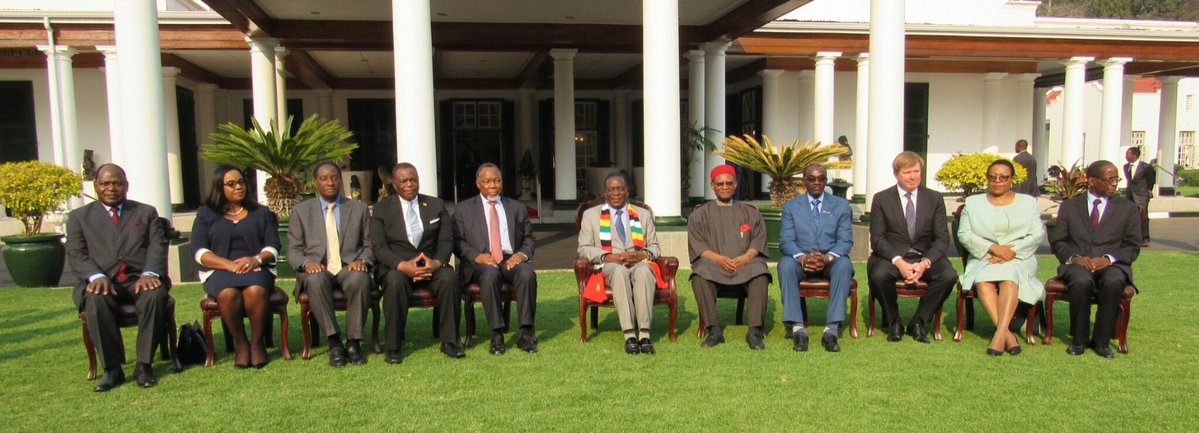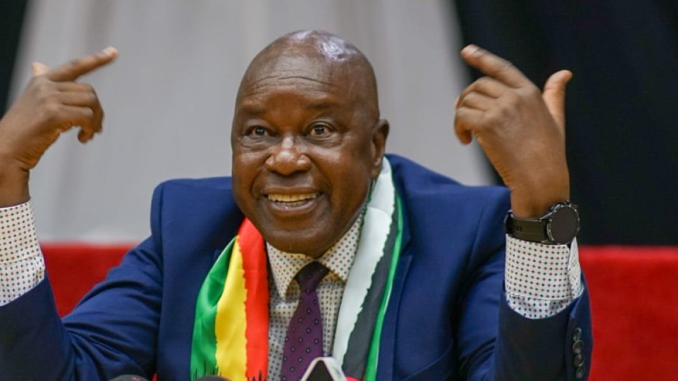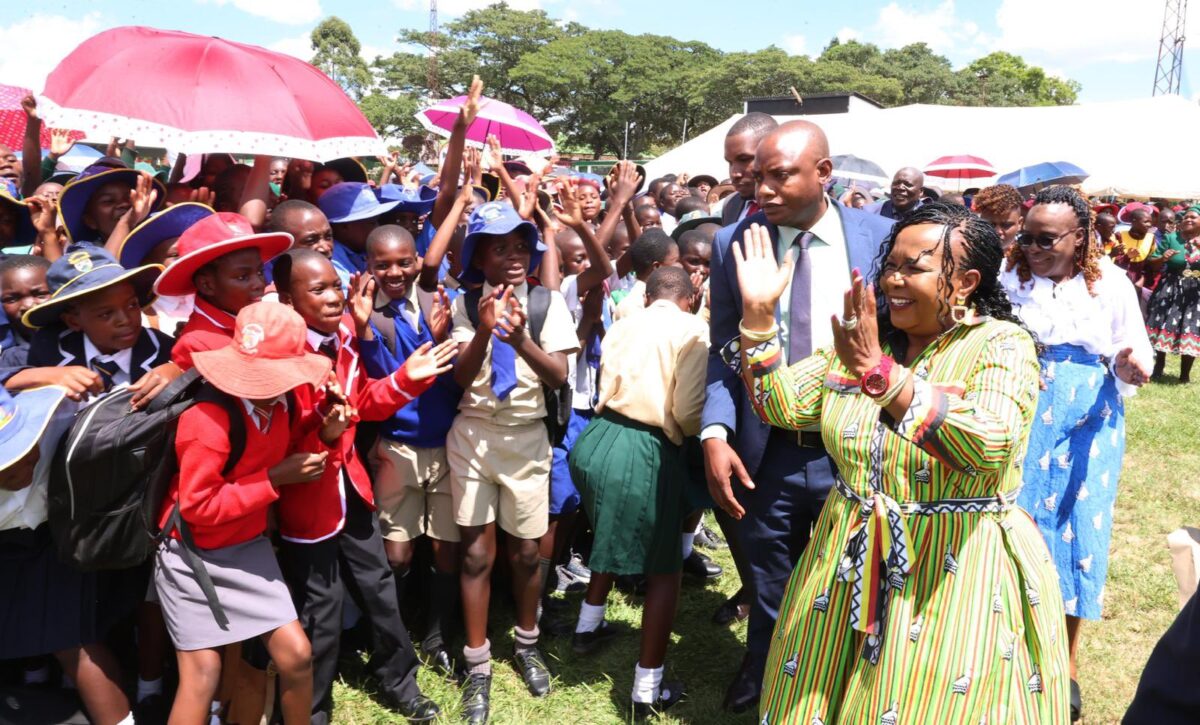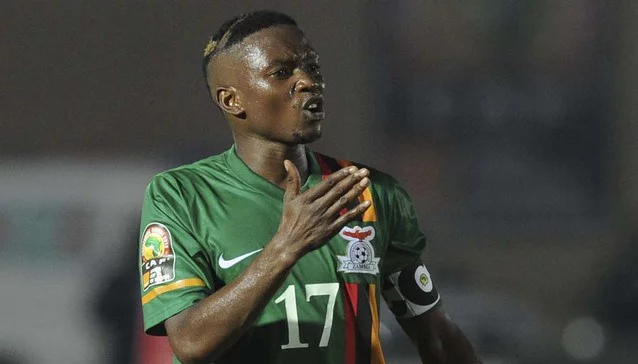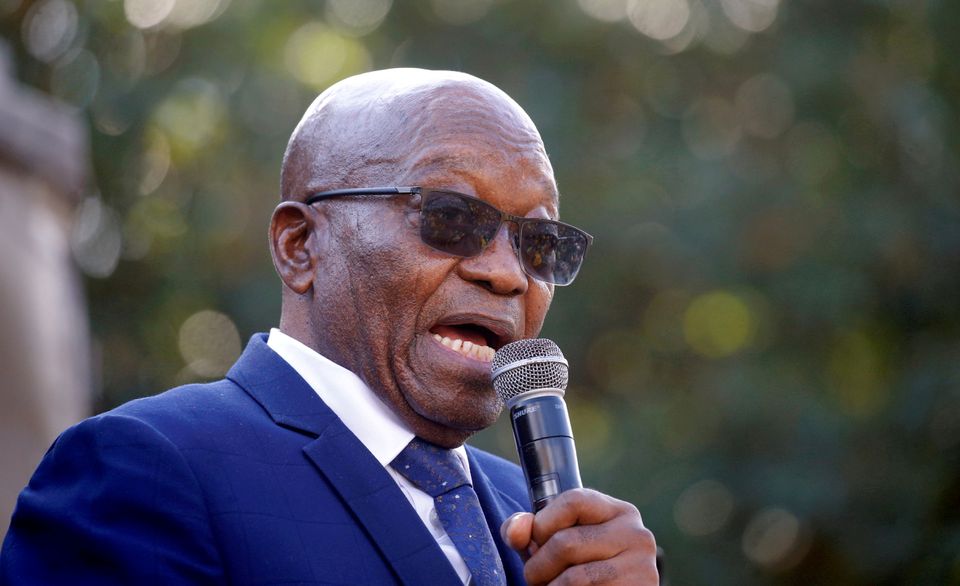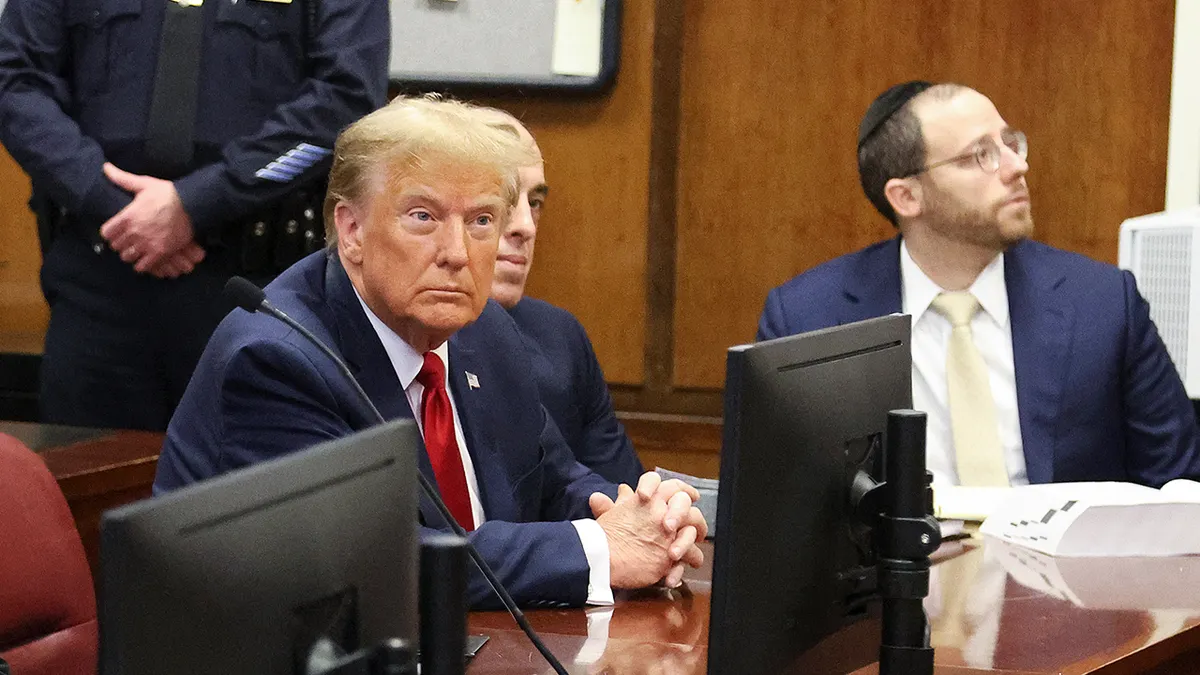HARARE – President Emmerson Mnangagwa has sworn in members of a commission of inquiry into the killing of at least seven people following soldiers on the streets of Harare during opposition protests on August 1.
The commission led by former South African President Kgalema Motlanthe is expected to finish its work in three months.
The killings in the capital rocked Zimbabwe and drew an international outcry two days after a largely peaceful vote.
President Emmerson Mnangagwa has promised reforms and wants the commission to probe the reasons behind the military intervention and whether the force used was appropriate.
The opposition MDC says it is a whitewash while rights groups are concerned by the commission’s terms of reference.
The terms of reference, according to Mnangagwa, are:
- to inquire into the circumstances leading to the 1st of August 2018, post-election violence;
- to identify the actors and their leaders, their motive and strategies employed in the protests;
- to inquire into the intervention by the Zimbabwe Republic Police in the maintenance of law and order;
- to investigate the circumstances which necessitated the involvement of the military in assisting in the maintenance of law and order;
- to consider whether the degree of force used was appropriate to the ensuing threat to public safety, law and order;
- to assess extent of damage/injury caused thereof [sic];
- to investigate any other matters which the Commission of Inquiry may deem appropriate and relevant to the inquiry;
- to make suitable recommendations; and
- to report to the President in writing, the result of the inquiry within a period of three months from the date of swearing-in of the Commissioners.
Independent legal watchdog Veritas sai the commission’s stated terms of reference “appear to assume that the soldiers who shot dead protesters were entitled to be on the streets of Harare fully armed with live ammunition, and that their actions were justified.
“The questions in many people’s minds are: who called out the military, and was it necessary to do so? The answers to those questions are pertinent: only the President could legally have called out the military in terms of section 213 of the Constitution, but he has suggested he did not do so. If he didn’t, then who did? As to whether it was necessary to call out the military, that question cannot be answered by a commission whose terms of reference tell it that it was indeed necessary.”
Other commission members are British lawyer Rodney Dixon, Nigerian former Commonwealth secretary-general Emeka Anyaoku, former Tanzanian defence chief Davis Mwamunyange, law professor and former presidential candidate Lovemore Madhuku, Law Society of Zimbabwe president Vimbai Nyemba and university lecturer Charity Manyeruke.
The appointment of Madhuku, Nyemba and Manyeruke has drawn criticism from rights groups who say they have shown bias for Mnangagwa’s Zanu PF party.
